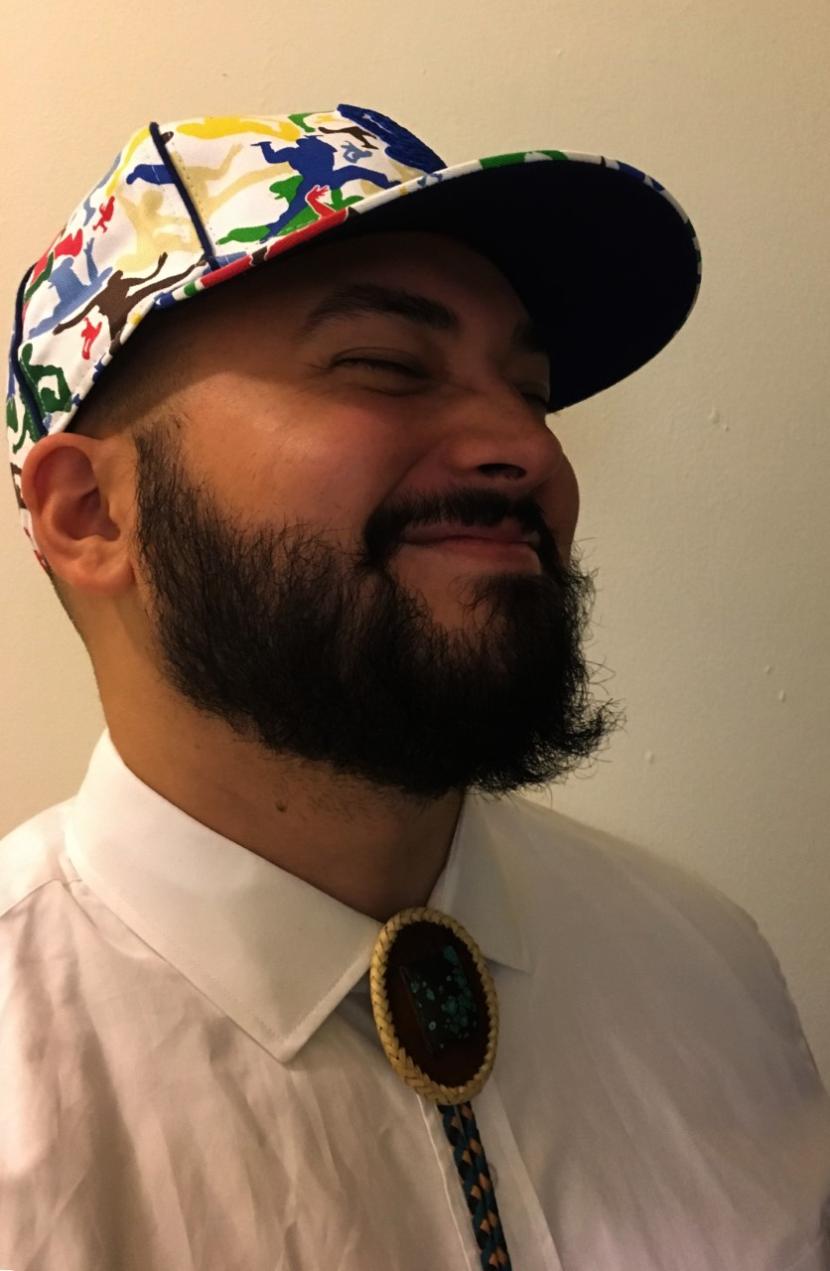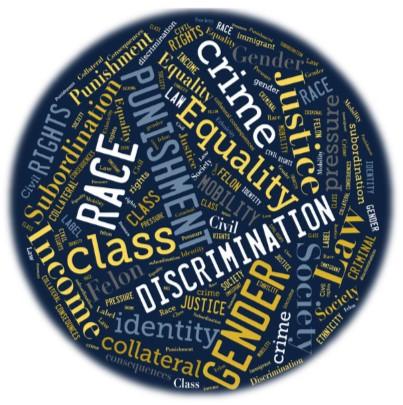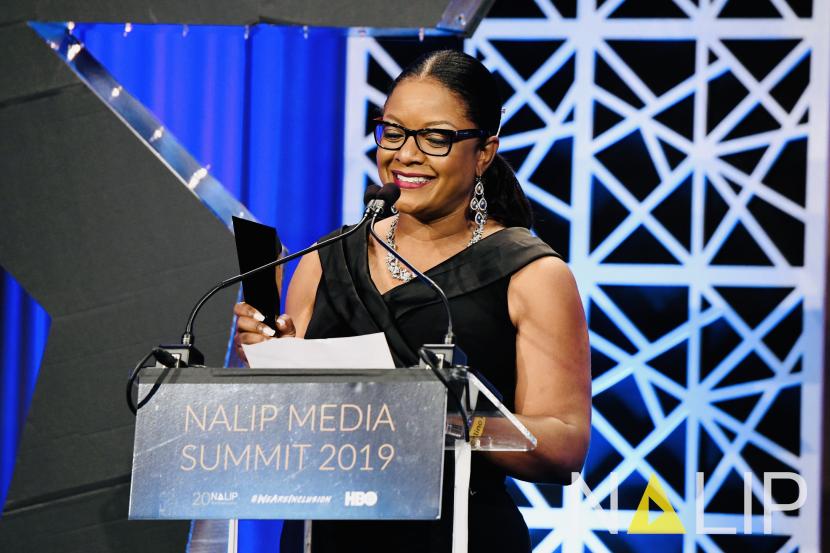"Climate change is a human issue and affects everything that we care about," Katharine Hayhoe said.
By Joe Garvey
Climate change scientist Katharine Hayhoe laid out the daunting threat of global warming but said individuals have the power to help mitigate its effects during an "ODU Presents" speech Wednesday night.
Hayhoe, an atmospheric scientist who directs the Climate Center at Texas Tech University, told a virtual audience that while more than 70% of Americans believe global warming is happening and that it can harm plants, animals and future generations, just 43% believe it will harm them and approximately one-third say they only talk about it occasionally at best.
"We talk about what we care about," she said. "If we don't talk about it why would we care, and if we don't care, why would we ever do anything about it? So talking about this is the very first step."
The urgency is real. Hayhoe said our society and all aspects of our life and economy are built around historical assumptions about climate, but they're being upended by changes to long-term averages and extremes. She said climate change is a "threat multiplier," exacerbating existing risks.
"There's a curve in the road and our wheels are already on the rumble strip," she said.
Three of the examples she cited as escalating threats:
- Sea level rise is "a direct threat" to the Norfolk Naval Shipyard and for Norfolk, the risk of at least one flood per year is going up exponentially. "In fact, it is doubling the risk of the flood days in Norfolk," she said.
- Hayhoe said scientists estimate that 40% of the rain from Hurricane Harvey 2017 would not have occurred had the storm happened 100 years ago, and that the rising temperatures were responsible for $67 billion of the more than $180 billion in damage the storm caused.
- She said climate change has increased the gap between the richest and poorest countries by 25%, making the lives people who are already marginalized and who don't have access to clean water and basic health care even worse.
"Climate change is a human issue and affects everything that we care about," said Hayhoe, an evangelical Christian whose faith is central to her efforts to address climate change. "It affects our health, it affects our food, it affects our economy, it affects our security, it affects the stability of our government, even. And not only that, it affects poor and vulnerable people more than anyone else."
So why is it so hard to talk about?
Hayhoe quoted neuroscientist Tali Sharot, who said: "Fear and anxiety cause us humans to withdraw, to freeze, to give up rather than take action."
So we need to change the way we discuss the issue, Hayhoe said.
"We break this cycle by talking about why and how climate change matters to us here, where you live," Hayhoe said. "Not up at the poles with the polar bears. And at the exact same time, you have to pair it up like peanut butter and jelly or wine and cheese, you have to talk about all the positive things that we can do to fix it."
Hayhoe cited numerous success stories globally, including ODU's sustainability program.
"They've got sustainable dining, sustainable transportation, recycling, stormwater management, community garden programs," she said.
But individuals can make a huge difference, too.
Hayhoe talked about a man she met following a speech in London. He told her he was inspired by her TED Talk in 2018 to discuss climate change with residents in his town, and he kept a list of those conversations. Over a period of five months, the citizens had 10,000 conversations, spurring the city council to look at how it can reduce emissions and prepare for the impacts of climate change.
And by the way, that list has grown to 11,800.
"That is the power of a conversation," Hayhoe said. "It starts at like a row of dominoes. A conversation pushes over the first domino, and it something that every single person can do."
In case you missed Hayhoe's presentation or would like to see it again, it's available at this link.
Related News Stories
ODU Professor Wins Library of Virginia Literary Award
Benjamín Naka-Hasebe Kingsley takes the poetry honor for his book "Colonize Me." (More)
Virtual Panel Discussion Hosted by ODU Explores Race and Criminal Justice
President John R. Broderick said the global demand address racial inequities made the conversation “particularly significant.” (More)
She Makes Sure PBS Is Well-Programmed
As vice president of content, Sylvia Bugg ’92 oversees a content team of seven and approves every new show, from arts to science. (More)







